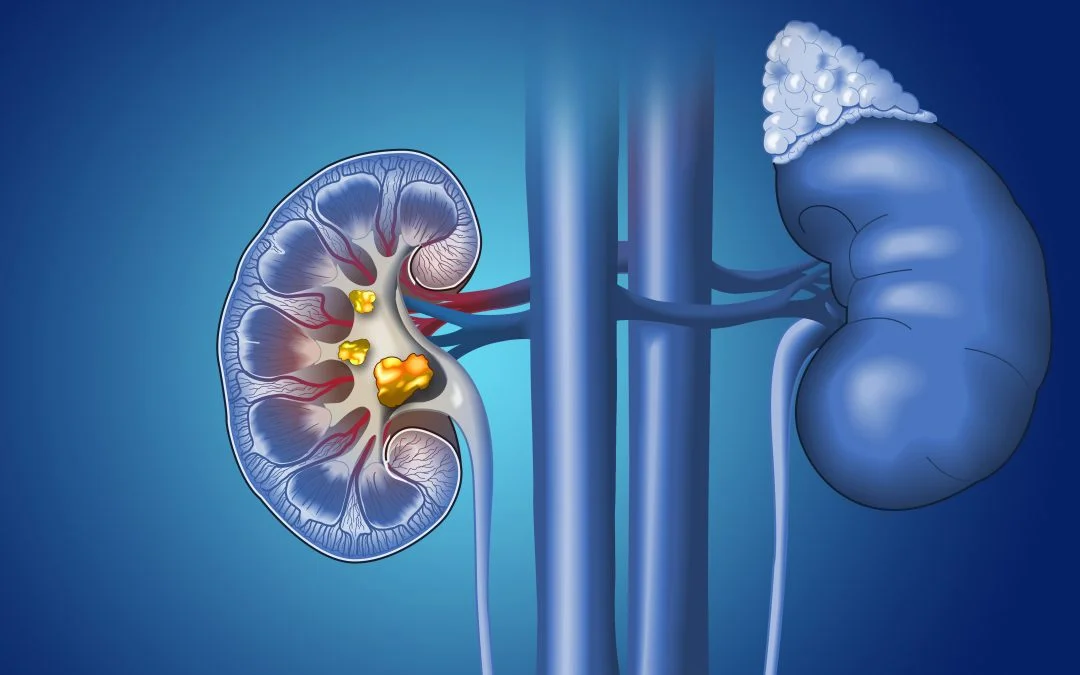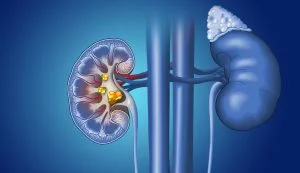
How Laser Lithotripsy Can Treat Patients With Kidney Stones
What are
When uric acid levels get too high, crystals can form in the urinary tract and get carried along with urine. Kidney stones may also result from other factors, such as dehydration or infection. They are more common in people who have diabetes or a family history of them. When there’s an existing problem like this, your risk of developing kidney stones increases.
Dehydration can be a cause of kidney stones. It occurs when your body lacks enough fluids to maintain optimal health. It may result from dieting or illness that causes vomiting or excessive urination. Dieting protein-rich foods like meat, fish, eggs, and cheese can trigger increased urination if you don’t drink enough water with them.
Kidney stones are more common in men than women, and their prevalence increases as people age. In most cases, kidney stones are not dangerous and do not require treatment.
However, some people experience intense pain resulting from kidney stones. When you are experiencing pain from kidney stones, they will require treatment to avoid further complications. Laser Lithotripsy is a surgical procedure that uses laser light to break up the stones so they can be easily passed through urine. Here’s an overview of what you should know about this procedure and how it can help.
What is Laser Lithotripsy?
It’s one of the most effective treatments for kidney stones and significantly reduces their recurrence rate. Let us take a closer look at how laser lithotripsy works and what it can do for you if you suffer from kidney stones.
Laser lithotripsy is a procedure that uses a laser to break up kidney stones. The stones are located and then the laser is passed through the ureter, bladder, and urethra to break them up into smaller fragments that can be passed in urine without discomfort.
It is often used in cases where other stone-breaking procedures such as shock wave lithotripsy (SWL) are not effective. Laser lithotripsy can be used to treat stones in any area of the urinary tract and remove them completely.
It is often used as a secondary treatment after shock wave lithotripsy fails to fully break up a patient’s stones. Laser lithotripsy works by focusing a series of laser beams on a stone’s surface so that it shatters into smaller pieces that can be easily passed through urine.
How Does Laser Lithotripsy Work and Who Can Benefit From This Procedure?
The procedure is carried out under general or local anesthesia and involves a urologist inserting a thin tube into the ureter that passes close to the stone. The tube then approaches the kidney stones and uses a laser to break them up. At this point, the laser is applied to the stone’s surface. The stone shatters into smaller pieces that can then be easily passed through urine, effectively solving the problem.
Laser lithotripsy is most effective for patients who have recently formed kidney stones, but it can also be used for patients with struvite or cystine stones.
The procedure is generally performed in an operating room and under general anesthesia. If you are suffering from kidney stones, you may be a suitable candidate for laser lithotripsy. Laser lithotripsy can be used to treat stones in any area of the urinary tract.
Anyone who has been suffering from kidney stones can benefit from a procedure like laser lithotripsy. Even though it is a minimally invasive procedure, it still requires surgical expertise which is something that often makes people nervous.
While it’s natural to be nervous about practically any kind of surgery, it is much better to have a laser lithotripsy done than to persist with untreated kidney stones. When left untreated, kidney stones will continue to cause pain and discomfort. The sooner you see a urologist and have the procedure done, the sooner you can get back to enjoying life without kidney stones and the pain they cause.
Side Effects of Laser Lithotripsy, What to Expect
Like all surgical procedures, laser lithotripsy can produce some side effects. However, these are typically mild and include pain, bleeding, urine retention, and infection.
A common complication associated with laser lithotripsy is stone recurrence. In some cases, the procedure does not fully break up the stones, leaving fragments that can later cause more complications. The main risks of laser lithotripsy include injury to nearby tissues, bleeding, infection, and damage to nearby organs.
The key to minimizing potential side effects is to have the procedure done by a highly experienced urologist. Experienced urologists are less likely to make mistakes when performing surgical procedures like a laser lithotripsy.
Need a Laser Lithotripsy? Call Z Urology and Make an Appointment!
As a somewhat minimally invasive procedure laser lithotripsy is a popular method for removing kidney stones. While many people have faith in the procedure itself, the hard part is finding the right urologist to have it done.
While minimally invasive, any procedure is a serious one which is why it is important that you trust the urologist that will perform the surgery.
If you live in South Florida and you need your kidney stones removed via laser lithotripsy, you’ll want to have the procedure done at Z Urology. The people of South Florida trust the team at Z Urology with everything from fertility treatment to laser lithotripsies and more.
When you schedule an appointment with Z Urology, we’ll assess your case and see if laser lithotripsy would be the best treatment option for you. It’s important that you feel comfortable and understand why certain treatment options are being recommended over others.
Have questions? Give us a call and make Z Urology ask about a consultation for a laser lithotripsy today!
We can’t wait to hear from you!


Recent Comments